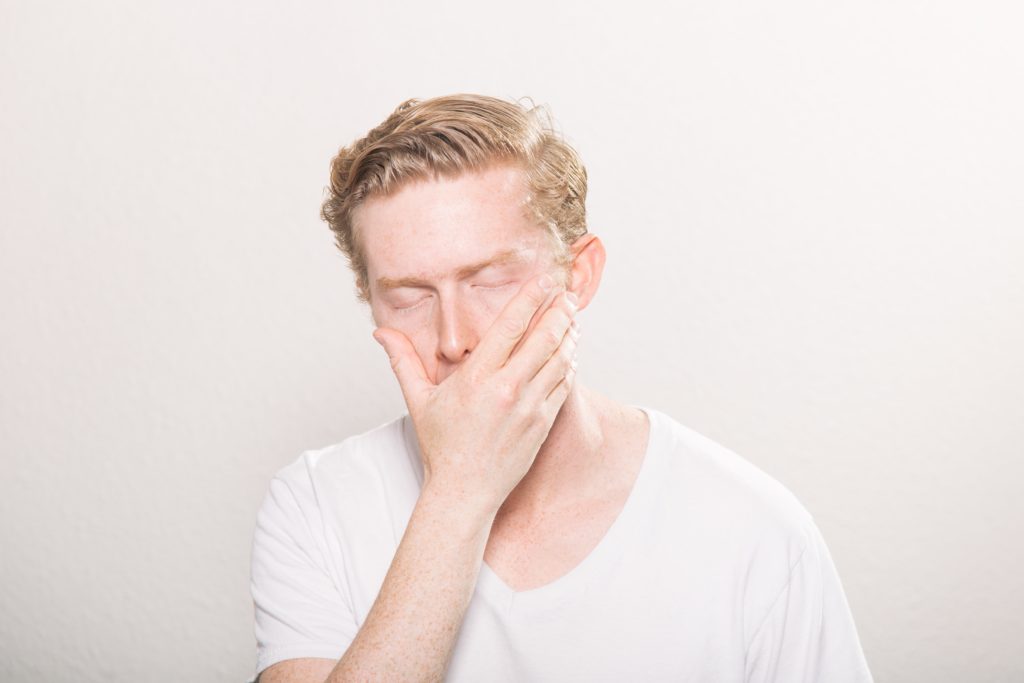Sleep apnea is becoming an increasingly common medical condition, affecting millions of people around the globe. We all know that sleep is essential for our health, as it boosts your immune system health, clears your mind, and allows you time to rest. Sleep apnea directly impacts this by making breathing difficult while sleeping, which causes restlessness and sleep deprivation.
So how does this affect oral health? The lack of sleep can lead to grinding of teeth, bad breath, dry mouth and even tooth decay or gingivitis. Grinding teeth can lead to potential breakage, which makes room for bacteria and cavities to grow. The potential risks associated with sleep apnea are high, but rarely do people know that their dentist could be the first point of care.
Studies show that people are more likely to visit their dentist on a more regular basis, when compared to their physicians. That is why, it is important for dental professionals to notice the early signs of this condition and find ways to mitigate the risks.
Dental professionals should always start by asking how a patient’s sleep is going, and if they’d have any insomnia or restless sleep. When examining a patient, there are multiple physical aspects that can give your dentist a clue that you may be experiencing sleep apnea. Things like a red/dry tongue and throat, enlarged neck, evidence of teeth grinding and bad breath are all indicators of a deeper problem.
Although dentists cannot directly treat sleep apnea, they can treat the symptoms that arise out of it and refer their patients to a physician or sleep apnea expert. The key is to catch signs of this condition early, so they can be dealt with as soon as possible and mitigate the effects that may come with it.






